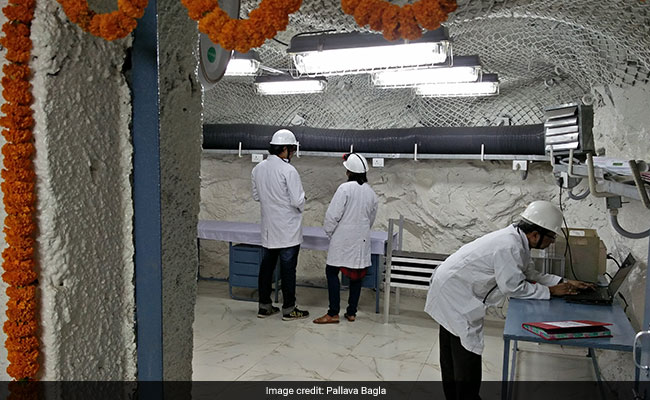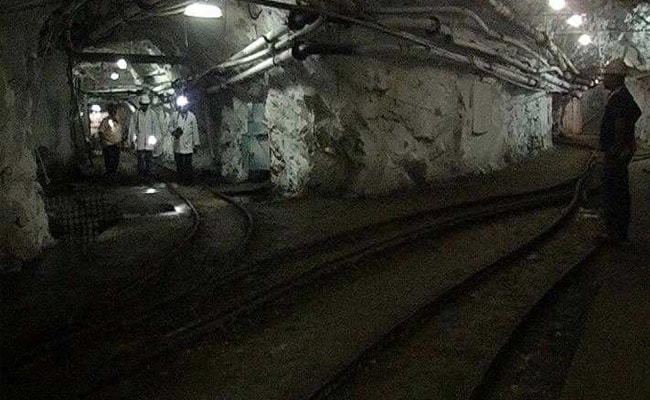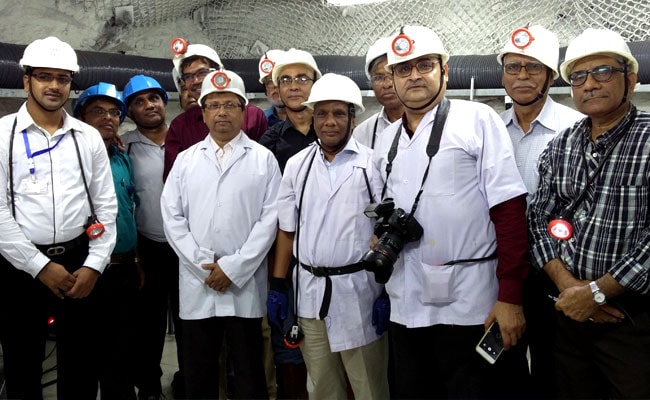- To search for dark matter, scientists need to dive deep underground
- The entry to the lab is located within a highly secure zone
- Dark matter is the celestial glue that binds together the entire universe

An underground lab filters out cosmic rays, radiations that interfere with experiments on dark matter.

Entry to the lab is through a high-security zone of a complex owned by Uranium Corporation of India.

NDTV visited the underground lab, where a team of scientists are conducting experiments on dark matter.
Jadugoda is India's second foray in underground lab experiments. In 1992, a similar facility in Karnataka's Kolar gold field was shut down after the mine got flooded due to disuse. For four decades, the facility, located 2.3 km underground had conducted some path-breaking experiments. It was there Indian scientists were credited to have discovered the first atmospheric neutrinos.
"Twenty five years later, India has another underground research facility, albeit not very deep. But at least it is very our own," said SINP scientist Naba Mondal, who worked at the Kolar facility for more than a decade.
Track Latest News Live on NDTV.com and get news updates from India and around the world

